Trifluxen (Trifluridine BP /Tipiracil INN) 15 mg & 6.14 mg
£0.00
Trifluxen, comprising Trifluridine BP (15 mg) and Tipiracil INN (6.14 mg), is prescribed to treat metastatic colorectal cancer (CRC) in adults who have previously undergone chemotherapy, including fluoropyrimidine-, oxaliplatin-, and irinotecan-based treatments, as well as an anti-VEGF biological therapy and, if RAS wild-type, an anti-EGFR therapy. Combining trifluridine, a nucleoside metabolic inhibitor, with tipiracil, a thymidine phosphorylase inhibitor, Trifluxen enhances the antitumor effects of trifluridine. Given orally, Trifluxen offers an important treatment alternative for patients with metastatic CRC who have exhausted standard therapeutic options.
- Patients should be monitored for myelosuppression signs like febrile neutropenia and infections, warranting possible treatment delays or discontinuations based on hematologic parameters.
- Interstitial lung disease/pneumonitis, including fatal cases, has occurred with Trifluxen use. Respiratory symptoms necessitate monitoring, with treatment withholding if interstitial lung disease/pneumonitis is suspected.
- Cardiac toxicities, including myocardial ischemia and infarction, have been reported with Trifluxen. Close monitoring is advised for patients with prior cardiovascular issues.
- Trifluxen carries embryo-fetal toxicity risks, mandating effective contraception during treatment and for at least 6 months post-last dose.
Indication: Trifluxen, comprising Trifluridine BP (15 mg) and Tipiracil INN (6.14 mg), is indicated for treating adults with metastatic colorectal cancer (CRC) who have previously undergone fluoropyrimidine-, oxaliplatin-, and irinotecan-based chemotherapy, received an anti-VEGF biological therapy, and, if RAS wild-type, an anti-EGFR therapy.
Pharmacology: Trifluxen is a blend of trifluridine, a nucleoside metabolic inhibitor, and tipiracil, a thymidine phosphorylase inhibitor. Trifluridine integrates into DNA, disrupting its function, while tipiracil inhibits trifluridine’s metabolism, elevating its systemic levels. This combination potentiates trifluridine’s antitumor efficacy.
Dosage and Administration: The prescribed dosage of Trifluxen is 35 mg/m^2 orally twice daily on Days 1 through 5 and Days 8 through 12 of each 28-day cycle. It should be consumed within 1 hour after completing morning and evening meals. Dosage adjustments might be necessary depending on individual patient characteristics.
Interactions: Trifluxen might interact with medications that inhibit or induce thymidine phosphorylase (e.g., sorivudine or its analogs) and drugs affecting renal function. Concurrent usage with potent CYP2C9 inhibitors or inducers may influence trifluridine metabolism.
Side Effects: Typical adverse effects of Trifluxen include neutropenia, leukopenia, anemia, thrombocytopenia, fatigue, nausea, diarrhea, vomiting, abdominal pain, and decreased appetite. Serious reactions may involve infections, febrile neutropenia, and interstitial lung disease.
Precautions and Warnings:
Overdose Effect: In instances of overdose, supportive care is paramount. No specific antidote for Trifluxen overdose exists; hence, close monitoring for adverse reactions is crucial, with prompt initiation of symptomatic treatment as needed.
| Product Name | Trifluxen |
|---|---|
| Generixc Name | Trifluridine BP/Tipiracil INN |
| Formulation | Tablet |
| Available Pack Size | 30 Tablets |
| Available Strength | 15 mg & 6.14 mg |
You must be logged in to post a review.
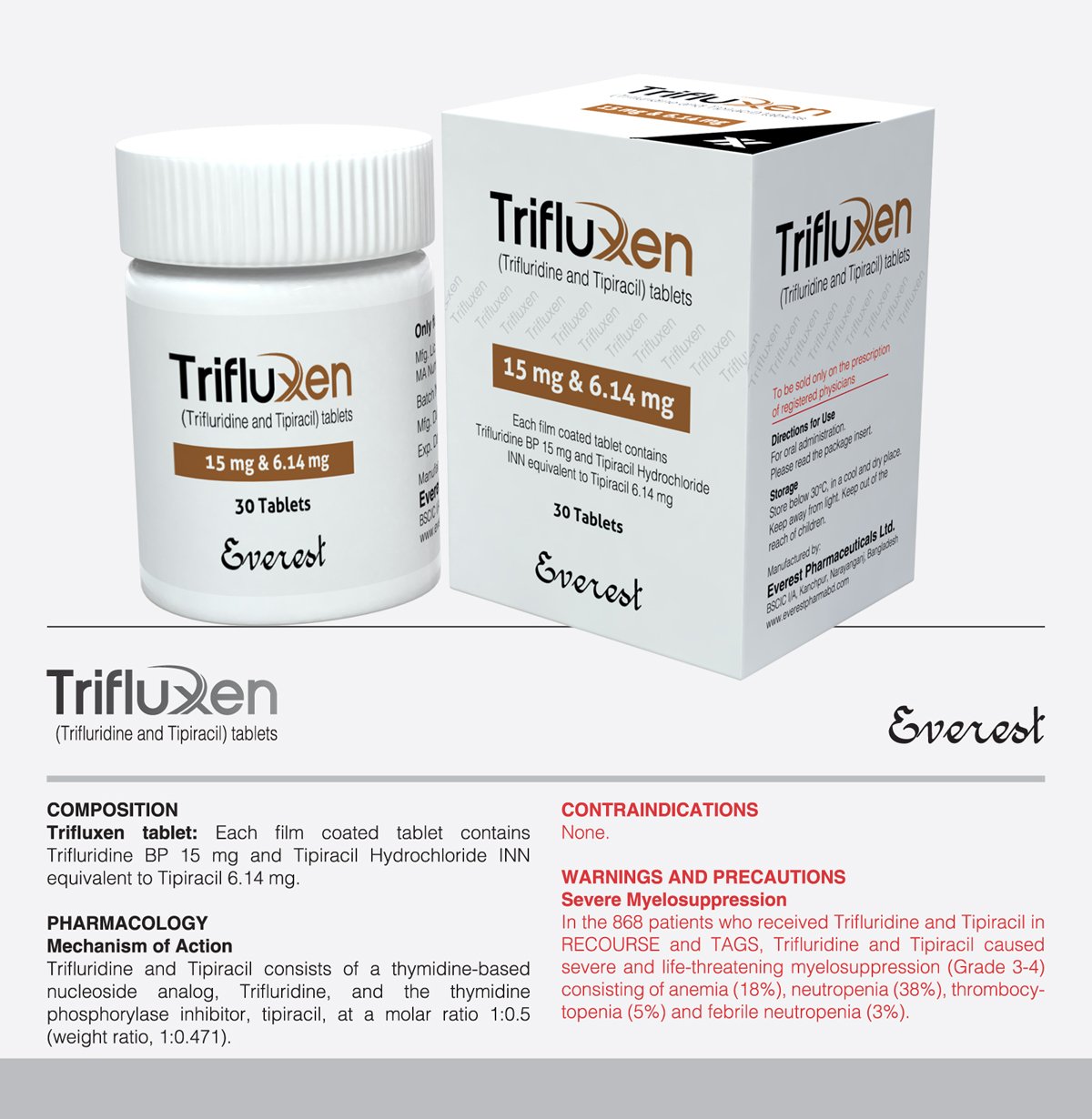
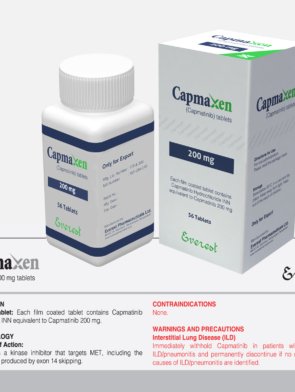
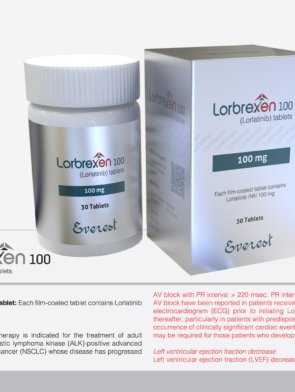
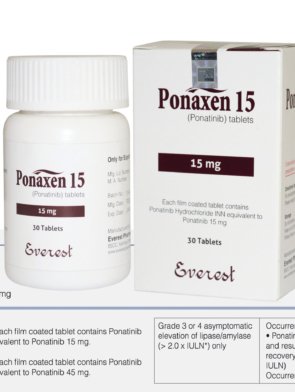
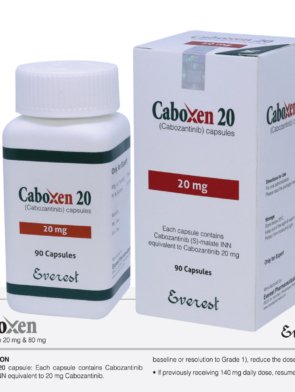
Reviews
There are no reviews yet.